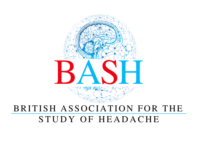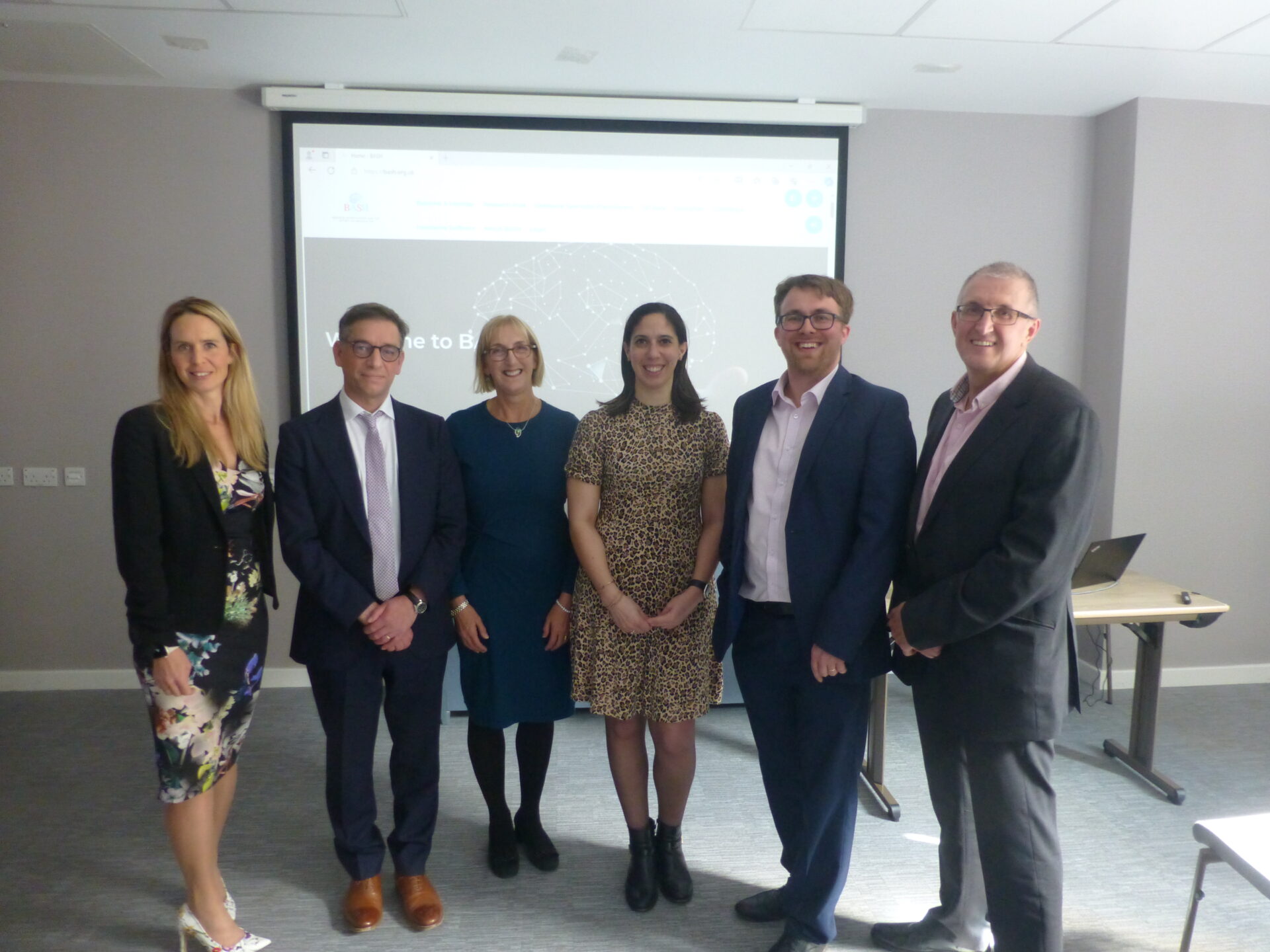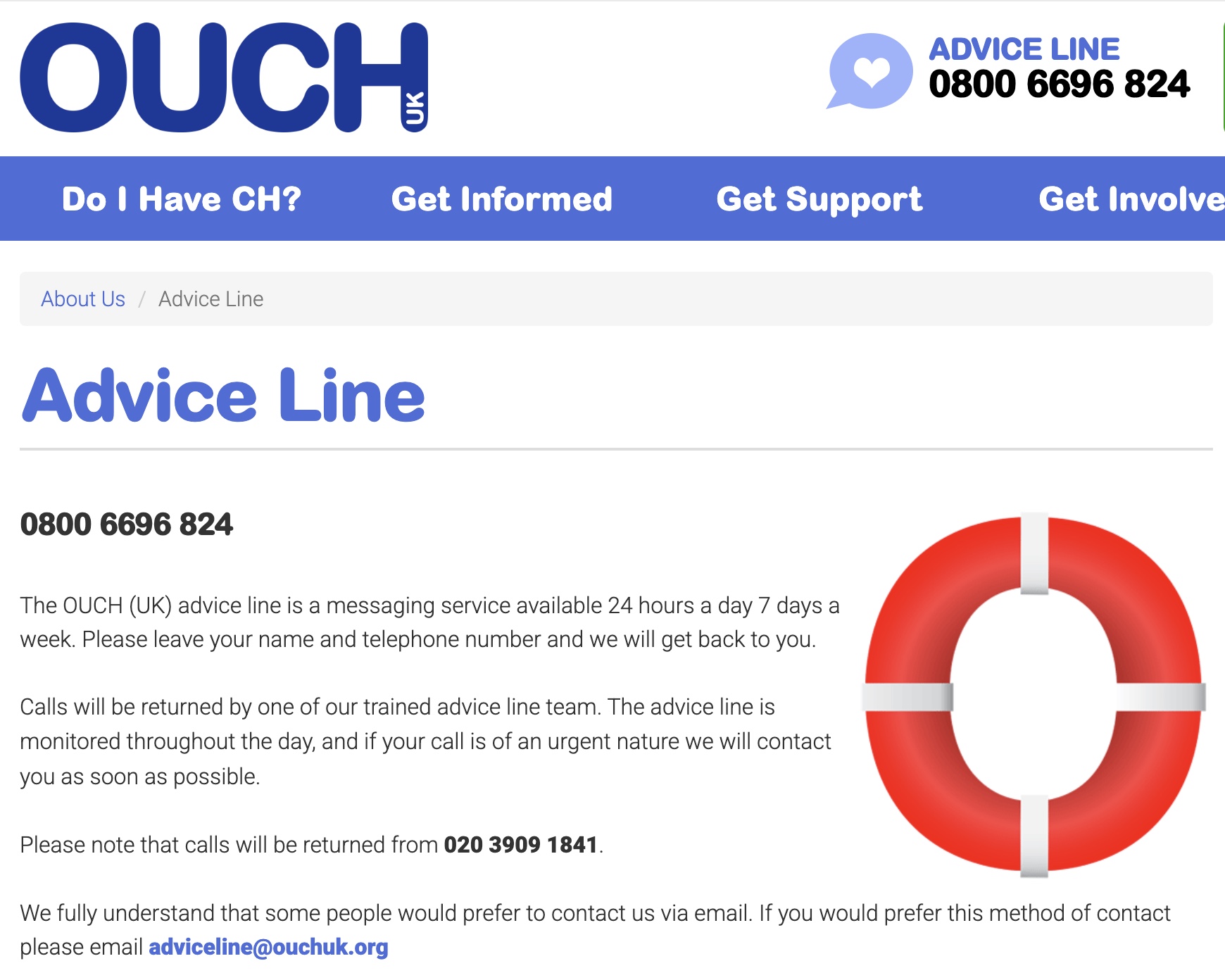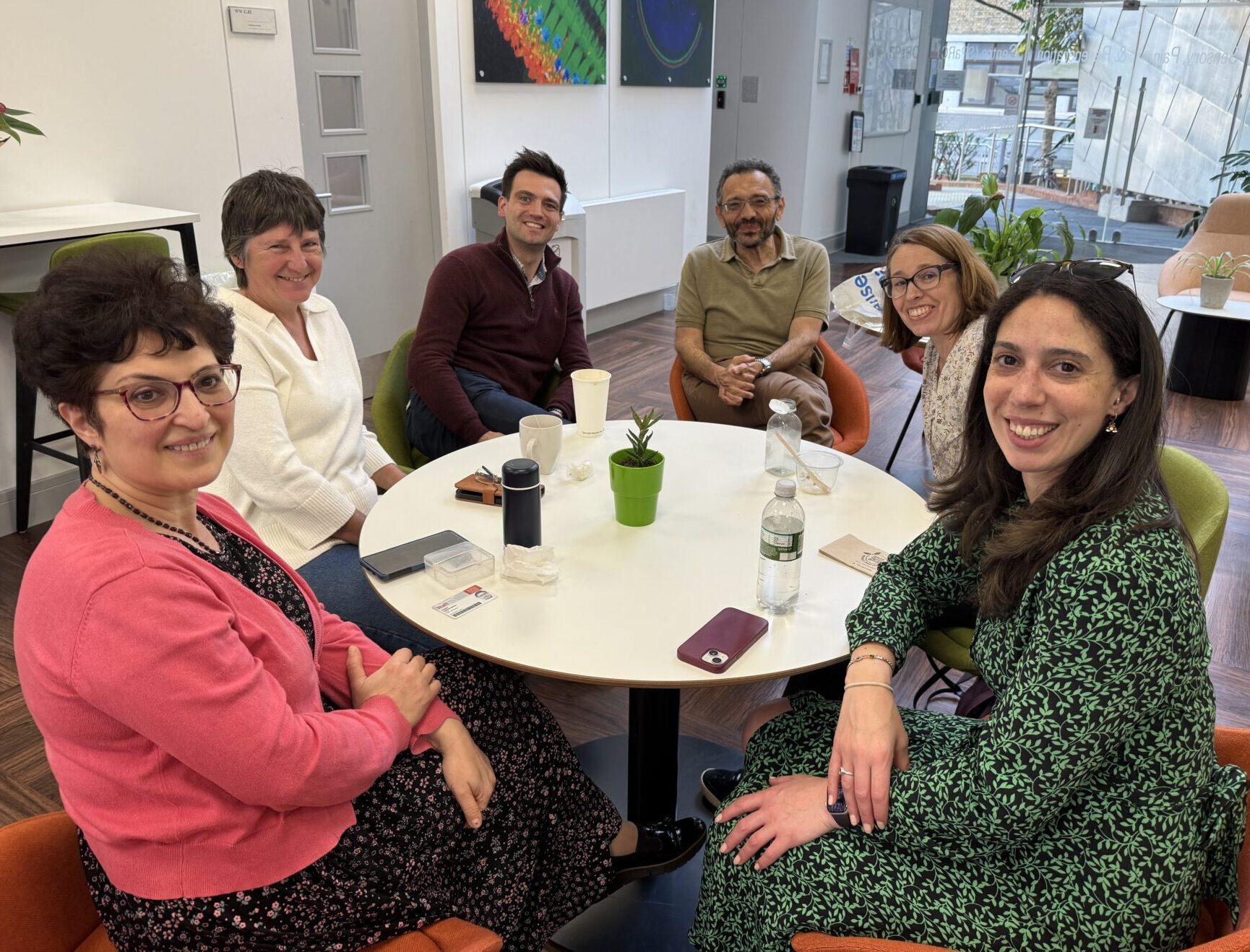A report from the BASH Birmingham Headache Conference
As a GP and Headache specialist working at the National Migraine Centre, I had the pleasure of attending "Headache: A Practical Approach," the BASH conference at Birmingham University on April 19th.

It was an enlightening day expertly orchestrated by Dr. Mark Thaller, Consultant neurologist with a special interest in Headache, Queen Elizabeth Hospital, Birmingham. Attendees included neurologists, GPs and Headache specialist practitioners, both from local NHS trusts and from further afield.
A great overview of topics were covered
The conference boasted a diverse array of presentations. We covered a practical approach for everything from identifying headache red flags to navigating the intricate world of migraine in children, tension headaches, and imaging. We also discussed the evolving role of anti-CGRP medications.
Some useful learning points gained
Amidst the wealth of information presented, I gleaned valuable insights into history-taking techniques and effective headache management strategies. I was inspired by the knowledge shared and promptly revisited my headache history-taking proforma, incorporating specific red flags using the mnemonic SNOOP10 for heightened diagnostic precision.
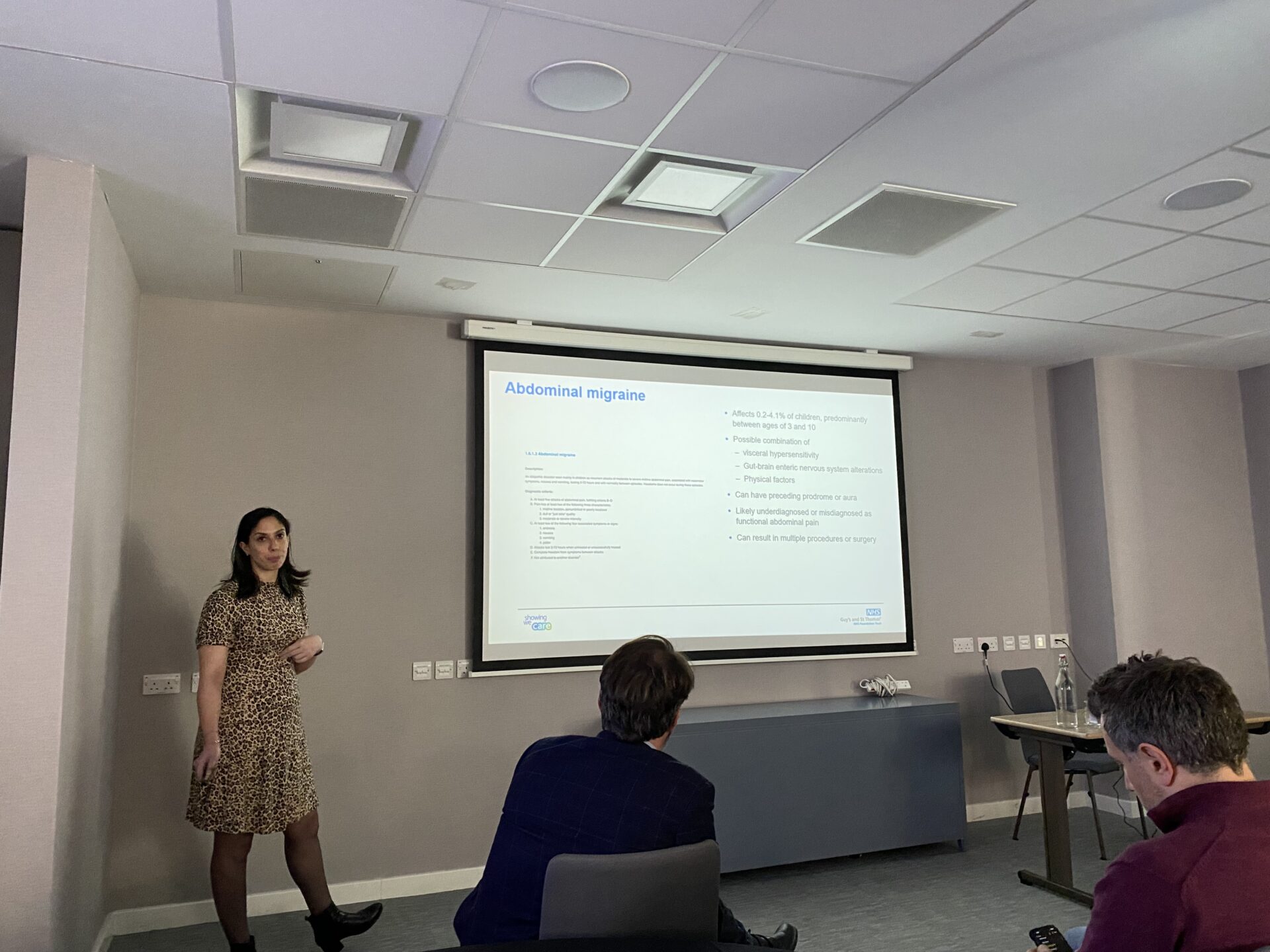
Tips on migraine in children
The emphasis on paediatric diagnosis was a highlight of the conference. Dr Jessica Briscoe, GPwER role in Headache, Guy's and St Thomas's Hospital, stressed the significance of abdominal migraine and advocated for a holistic approach, integrating lifestyle interventions alongside acute medication.
Practical guidance on the new anti-CGRP medications
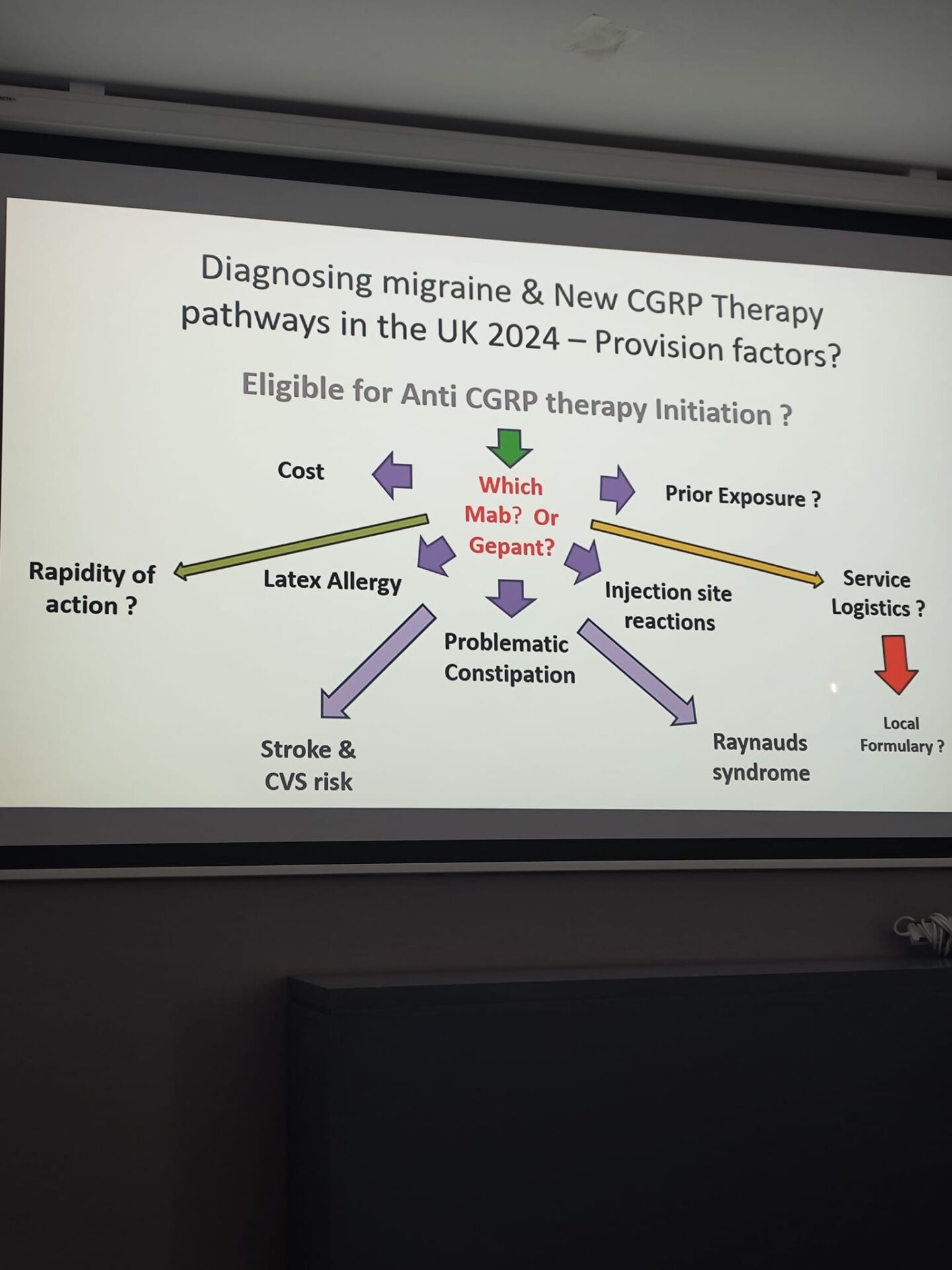
I was particularly interested in the discussion surrounding anti-CGRP medications, a topic frequently encountered in my work for the National Migraine Centre. Visualising the evidence from clinical trials provided more clarity, especially regarding the nuanced considerations for prescribing. From pregnancy planning to cardiovascular risk assessment and navigating the intricacies of Raynaud's syndrome, I left the session armed with a deeper understanding and a renewed sense of confidence in my prescribing decisions.
The subsequent Q&A session sparked lively discussions on the future trajectory of anti-CGRP medications, offering tantalising glimpses into how they might revolutionise migraine management in general practice.
Vestibular Migraine - a challenge to manage?
Vestibular migraine, a topic that has often left me feeling somewhat adrift, was on the programme too. Discovering that I wasn't alone in my struggles was oddly reassuring, and I gained insights into the dynamics of vestibular symptoms within the migraine timeline. Promising avenues for treatment options may include Cinnarizine and Lamotrigine. There were also intriguing revelations about rare genetic conditions like Episodic Ataxia Type 2 and its responsiveness to Acetazolamide.
Connecting with like-minded colleagues
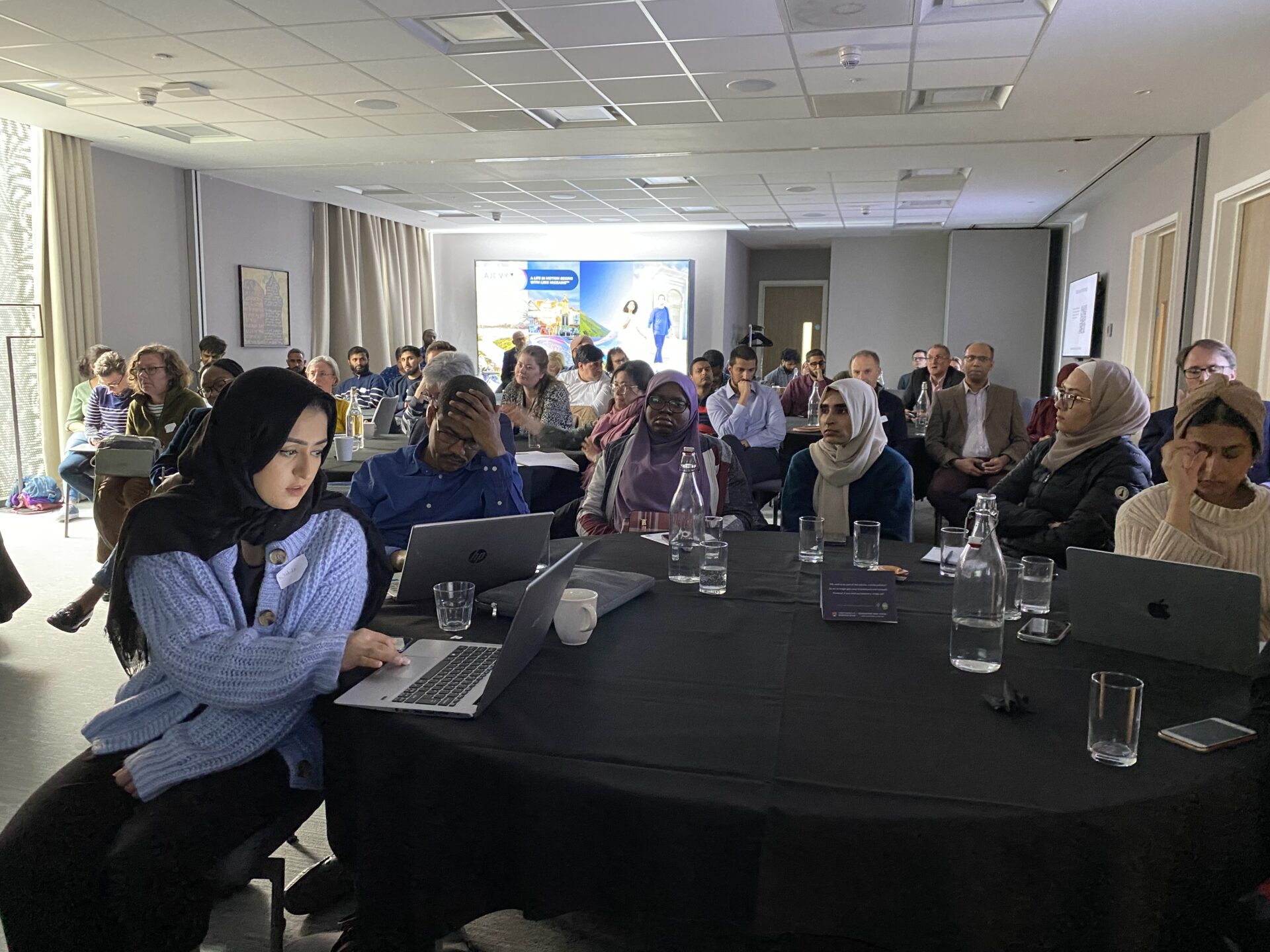
However, beyond the wealth of knowledge gained, the true highlight of the conference was the opportunity to connect with fellow clinicians who share my passion for headache medicine. We engaged in spirited discussions and exchanged pearls of wisdom from our respective clinical practices. It was both enriching and inspiring, leaving me eagerly anticipating future opportunities for collaboration and learning.
In conclusion, the BASH conference was a remarkable journey of discovery and camaraderie, reaffirming my commitment to this advancing field of headache medicine.
Dr Cyriac Athappilly

NHS GP & GPwER in Headache, National Migraine Centre
Editor's note: Attendees were encouraged to join BASH. If you know of others who might be interested to join us, send them to the Become a Member page. Neurology Juniors and GP registrars can now join for £50 per annum.
